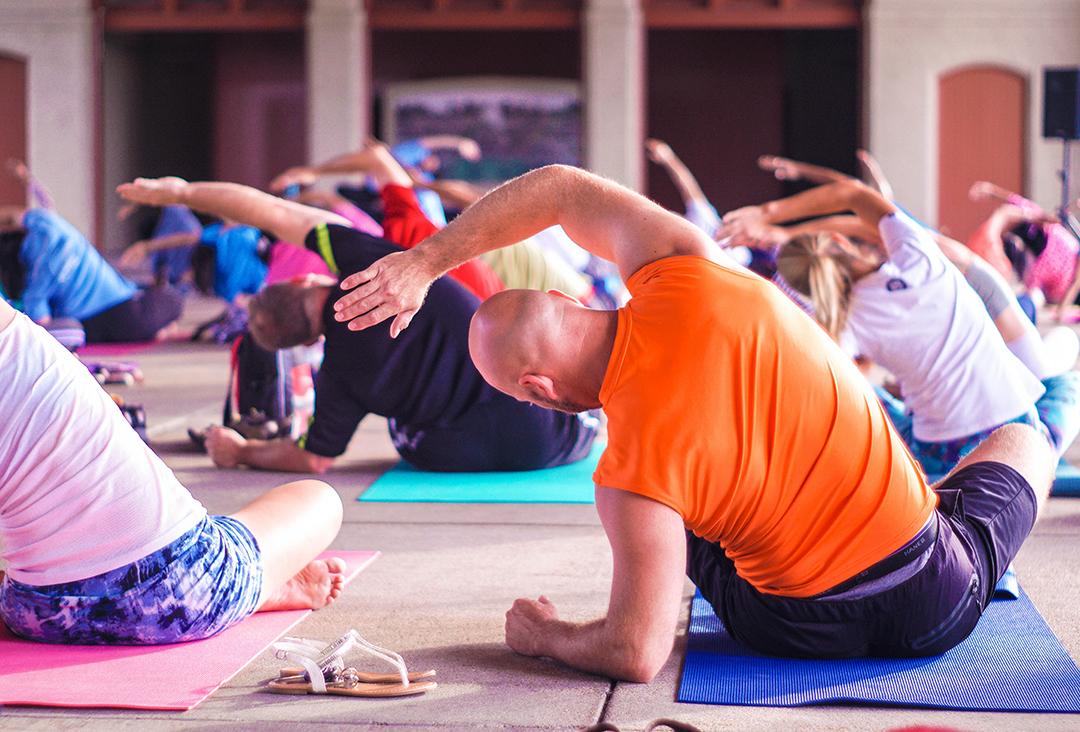Gallup undertakes the only representative sampling of the world’s workforce (surveying 160,000 a year). Their latest study has good and bad news: Employees are now more engaged at work but also feel much more stress. Engagement findings: The percentage of engaged employees globally rose from 2021 to 2022. Starting as low as 12%, the percentage of engaged employees has risen to 23%. That’s a disturbingly low…




























































